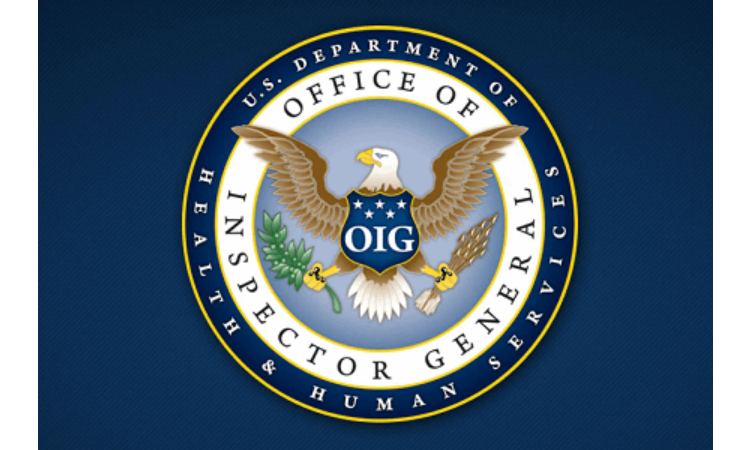Nov. 20, 2020 – In a rare special fraud alert issued Nov. 16, the Department of Health and Human Services Office of Inspector General (OIG) expresses skepticism about the value of company-sponsored speaker bureau events, outlines its concerns about “inherent fraud and abuse risks” associated with these programs, and offers a non-exhaustive list of the types of “suspect characteristics” that might raise issues under the anti-kickback statute.
The OIG alert, which comes during a pandemic when live events are not occurring, also appears to be prompting the medical products industry to reconsider its approach to healthcare professional (HCP) education, according to Kate Rawson, senior editor at Prevision Policy.
Speaking at the Coalition for Healthcare Communication’s Nov. 19 webinar, “What do the election results mean for health communications?” Rawson stated that “there are no new restrictions on speakers bureaus that have been imposed” by the alert, “but I think that the OIG is really using the fact that the pandemic hasn’t allowed any in-person marketing or educational events to take place as sort of an opportunity to suggest that maybe the pharmaceuticals industry rethink the use of in-person speaker events.”
The OIG has investigated and resolved numerous fraud cases over the years – several of which have resulted in Corporate Integrity Agreements (CIAs) – particularly when there are “transfers of value,” defined as “anything of value, directly or indirectly, overtly or covertly, in cash or in kind,” between companies and speakers and HCP attendees. The anti-kickback statute, the OIG states, “makes it a criminal offense to knowingly and willfully solicit, receive, offer, or pay remuneration to induce or reward … referrals for, or orders of, items or services reimbursable by a Federal health care program.”
“The red flags with OIG for these events are using a high-end venue, supplying free drinks, overpaying thought leaders for their time, and allowing [speakers] to invite family members,” Rawson explained. Other “suspect” factors named by the OIG in the alert include:
- Little or no substantive information is actually presented;
- The program is held at a venue that is not conducive to the exchange of educational information (such as restaurants and entertainment or sports venues);
- The company sponsors a large number of programs on the same or substantially the same topic;
- There has been a significant period of time with no new medical or scientific information nor a new FDA-approved or -cleared indication for the product; or
- The company’s sales or marketing business units influence the selection of speakers or the company selected HCP speakers or attendees based on past or expected revenue that these individuals have or will generate by prescribing the company’s products.
The Pharmaceutical Research and Manufacturers of America (PhRMA) asserts in a June 2020 guideline that HCPs participate in these speaker programs “to help educate and inform other [HCPs] about the benefits, risks and appropriate use of company medicines.”
With education as its goal, companies may want to take a fresh look at how they share information with HCPs. Although speakers bureaus “have been out of the news for a few years, save for those CIAs, [this] is a reminder that the OIG is continuing to watch these events,” Rawson noted. “Maybe it is time to … use the pandemic as a way to rethink how we do business.”




